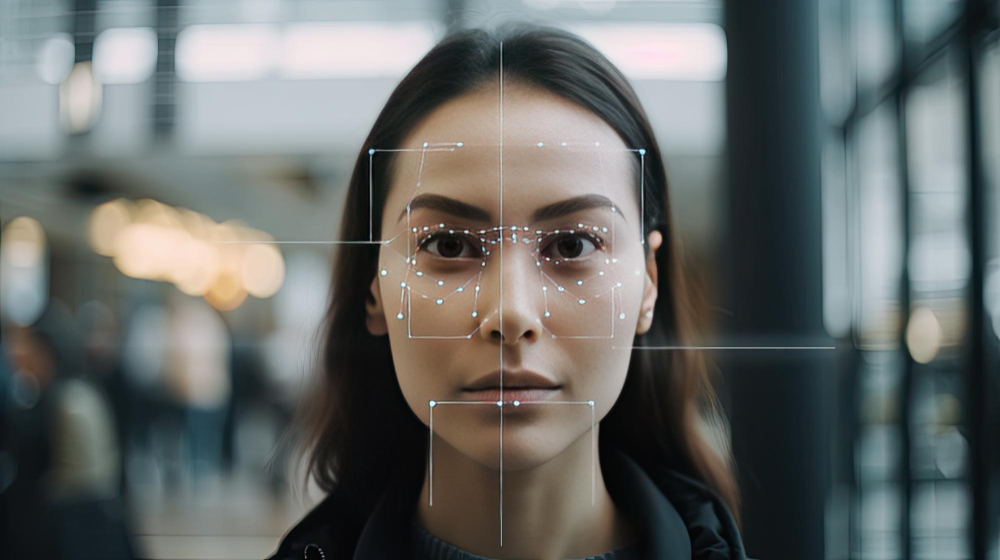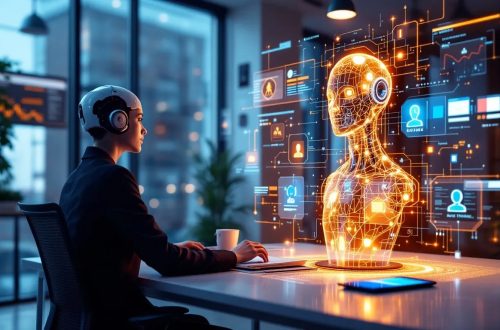In a world where technology is advancing at an unprecedented rate, artificial intelligence (AI) stands at the forefront of innovation. From enhancing productivity to revolutionizing industries, AI has the potential to shape our future in profound ways. However, accessibility to swap face free tools has been a challenge for many, often hindered by prohibitive costs and proprietary software. But what if I told you that the future of AI lies in free software?
In recent years, the landscape of AI software has undergone a transformation, with an increasing number of free and open-source tools becoming available to developers, researchers, and enthusiasts alike. This shift towards democratizing AI is not only leveling the playing field but also fostering collaboration and innovation on a global scale.
One of the most notable examples of free AI software is TensorFlow, an open-source machine learning framework developed by Google. TensorFlow has become a cornerstone in the AI community, powering a wide range of applications including image and speech recognition, natural language processing, and predictive analytics. Its flexibility and scalability make it a go-to choice for both beginners and seasoned professionals seeking to harness the power of AI.
Another prominent player in the free AI software arena is PyTorch, an open-source machine learning library maintained by Facebook’s AI Research lab (FAIR). PyTorch’s dynamic computational graph and intuitive interface have earned it a loyal following among developers and researchers, enabling them to experiment with complex models and algorithms with ease.
Beyond these frameworks, a plethora of free AI tools and libraries exist, catering to diverse needs and interests within the AI community. From scikit-learn for traditional machine learning algorithms to OpenAI’s GPT models for natural language understanding, the possibilities are endless for those willing to explore and innovate.
But why should we embrace free AI software? The answer lies in its potential to democratize access to cutting-edge technology and foster a culture of collaboration and innovation. By removing financial barriers and proprietary restrictions, free AI software empowers individuals from diverse backgrounds to participate in the AI revolution, driving creativity and pushing the boundaries of what’s possible.
Moreover, free AI software promotes transparency and accountability in AI development, enabling researchers and practitioners to scrutinize algorithms and models for bias, fairness, and ethical implications. This transparency not only builds trust with users but also ensures that AI technologies are developed and deployed responsibly, with the well-being of society in mind.
Of course, free AI software is not without its challenges. As with any open-source project, sustainability and community support are crucial factors in its long-term success. Fortunately, many free AI projects are backed by dedicated communities of developers and contributors who are committed to its growth and evolution.
In conclusion, embracing the future with free AI software holds the promise of democratizing access to cutting-edge technology, fostering collaboration and innovation, and promoting transparency and accountability in AI development.





